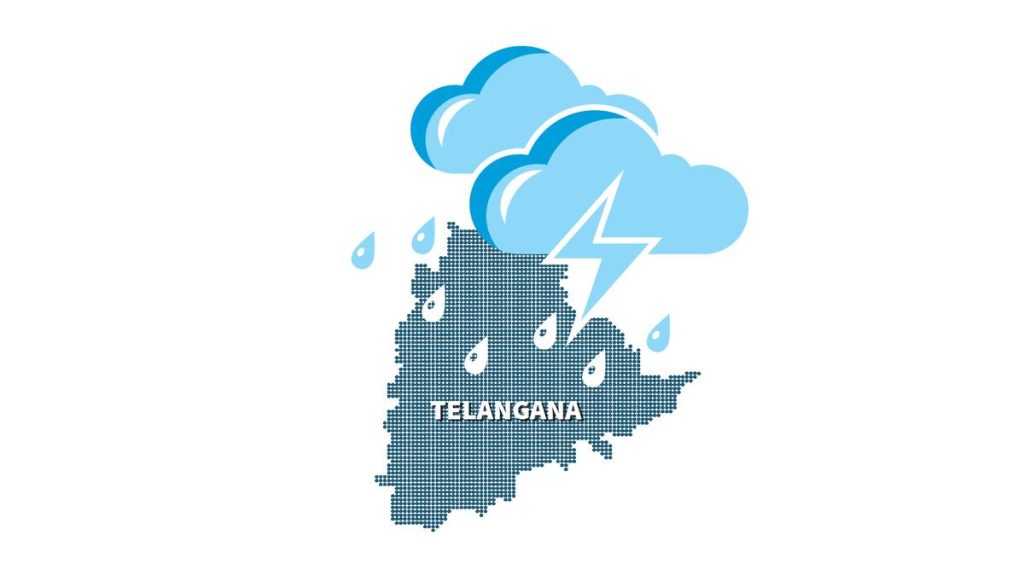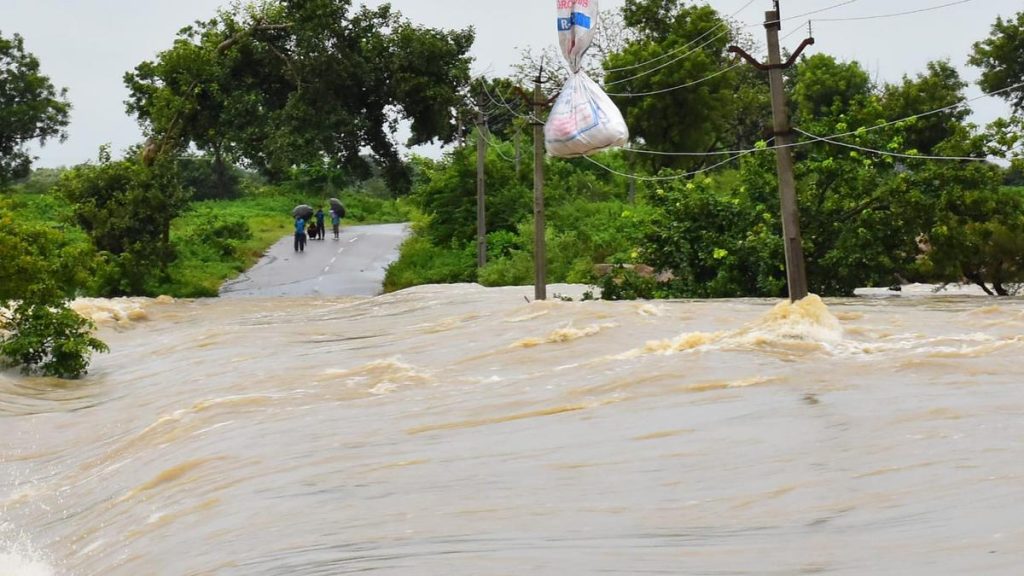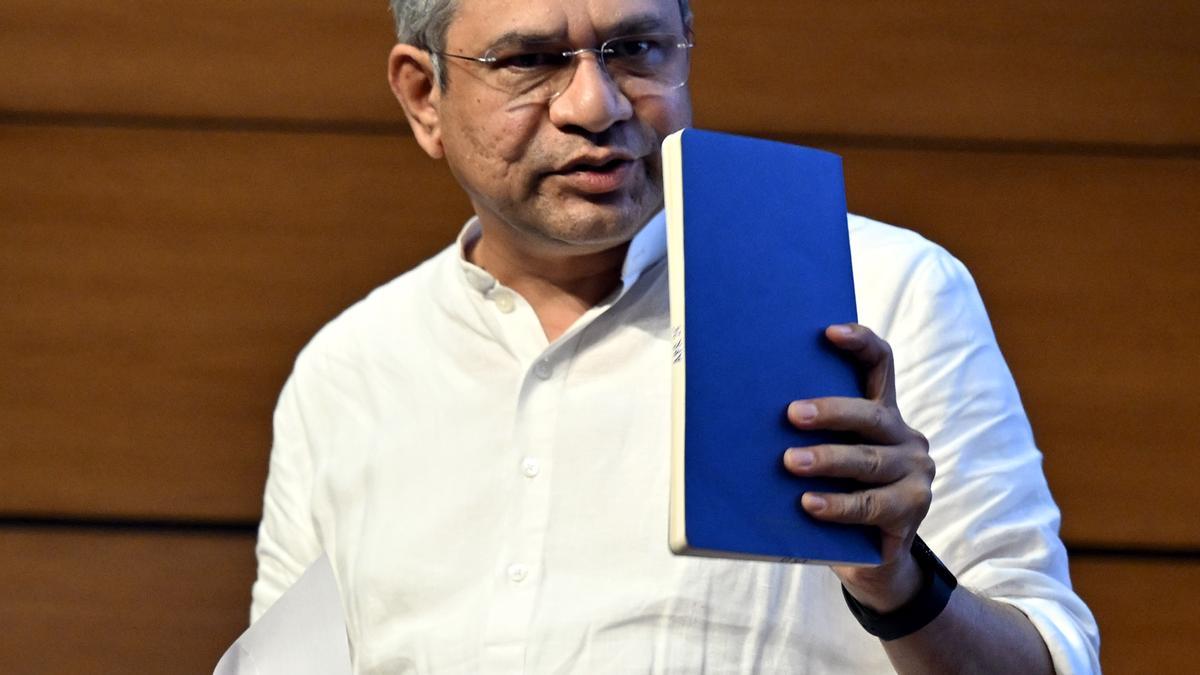Now Reading: Kerala Private Bus Strike Leaves 8,000 Buses Off Roads, North and Central Regions Worst Hit
-
01
Kerala Private Bus Strike Leaves 8,000 Buses Off Roads, North and Central Regions Worst Hit
Kerala Private Bus Strike Leaves 8,000 Buses Off Roads, North and Central Regions Worst Hit
Quick Summary
- Event: private bus operators in Kerala went on a one-day strike on July 8, 2025.
- Affected Regions: Central and North Kerala experienced major disruptions, with commuters stranded at bus stations in Ernakulam, Kottayam, and Kozhikode. Impact was minimal in Thiruvananthapuram due to KSRTC’s monopoly.
- Impacts:
– Commuters faced difficulties reaching hospitals, railway stations, and workplaces.
– Complaints arose about overcharging by autorickshaw and taxi drivers.
– Ride-hailing services saw increased demand during the strike.
- KSRTC action: Increased operations on the day of the strike; employees were urged not to take casual or compensatory leave.
- Demands by Bus Operators:
– Increase student travel concessions (unchanged since 2005) from ₹1 to ₹5 or half fare.
– Address rising operational costs including fuel prices and wages.
– Withdraw police verification requirements for temporary bus crew members.
– Take action against illegal stage carriages reducing private operators’ revenue.- Restore expired permits and prevent conversion of limited-stop KSRTC buses into stage carriages.
Indian Opinion Analysis
The private bus strike underscores significant underlying issues within Kerala’s public transportation framework. Private operators are grappling with mounting operational costs that they claim have remained unaddressed for years, compounded by fixed student concessions that do not reflect economic changes since their last adjustment two decades ago. While public inconvenience during such strikes is certain-and highlighted here through complaints of overcharging-ride-hailing services filling a portion of this gap points to an evolving transportation landscape.
The reliance on casual workforce within the sector brings practical challenges like police verifications into question-highlighting broader issues around regulation versus feasibility in decentralized labour practices. Furthermore, disputes concerning illegal operations diminish revenue streams for legitimate carriers-a factor echoing similar grievances seen nationally across various sectors.
Policy resolution balancing affordability for students (a significant commuter base), enforcement against unauthorized transport services, as well as enduring regulations could reduce future disruptions while ensuring equitable interests between all stakeholders-commuters included.






















